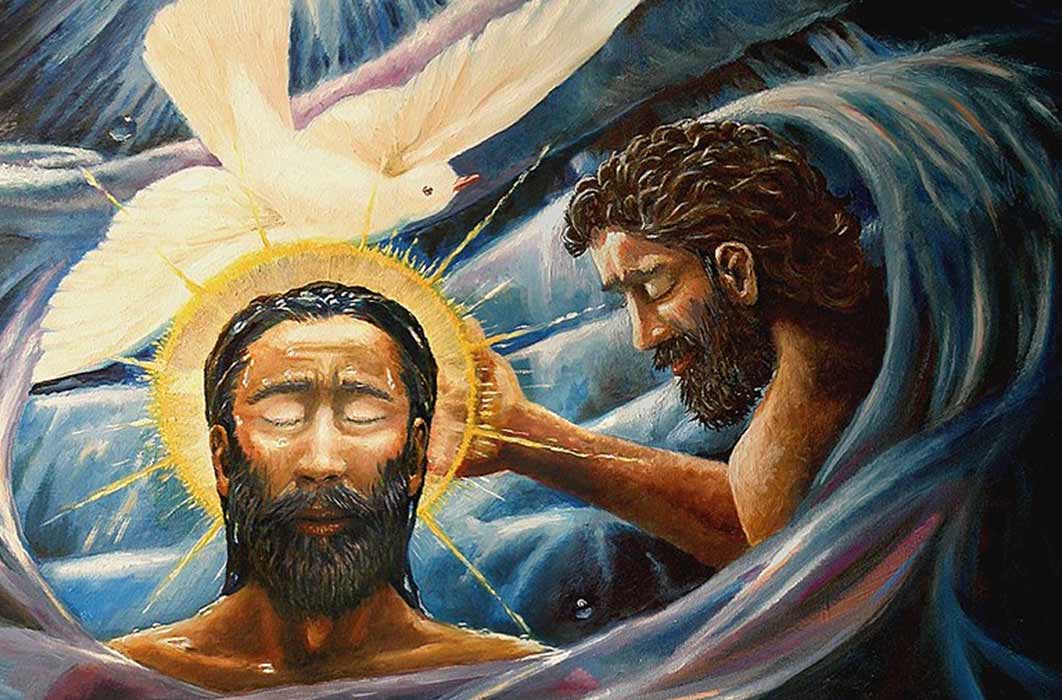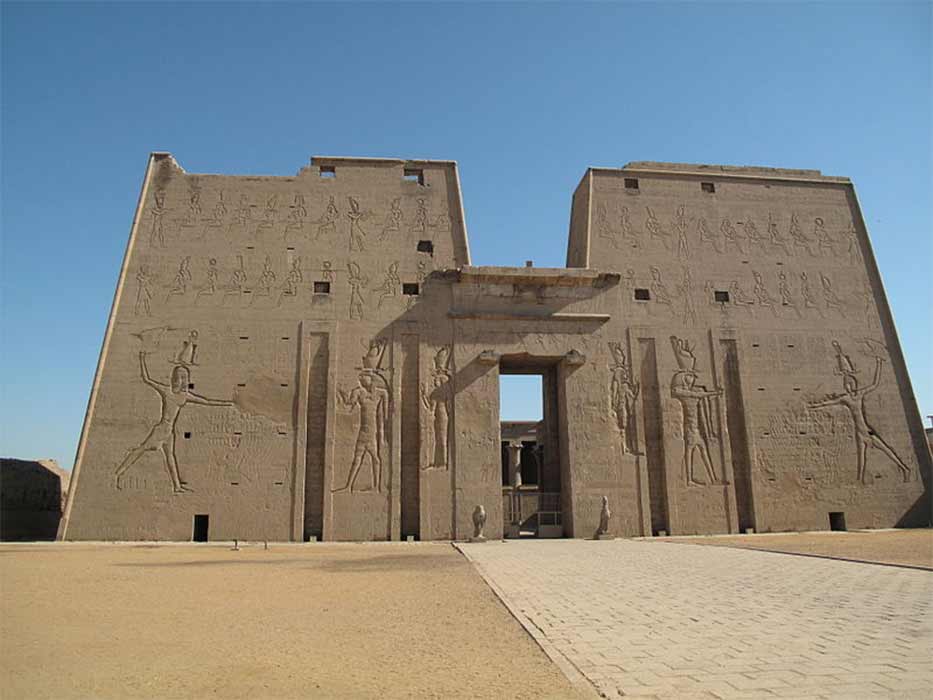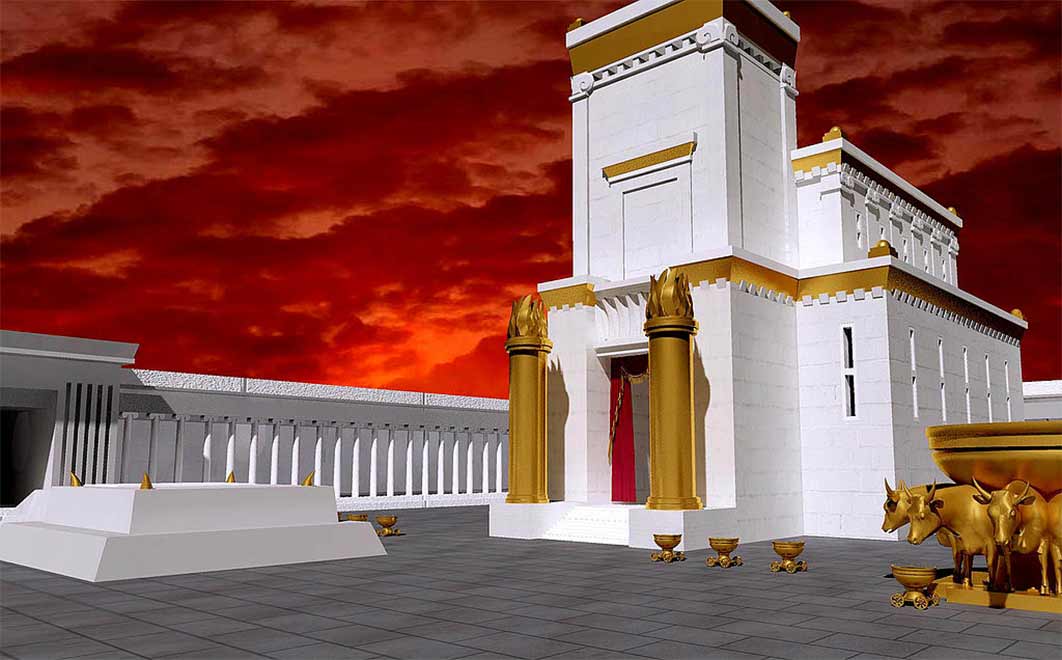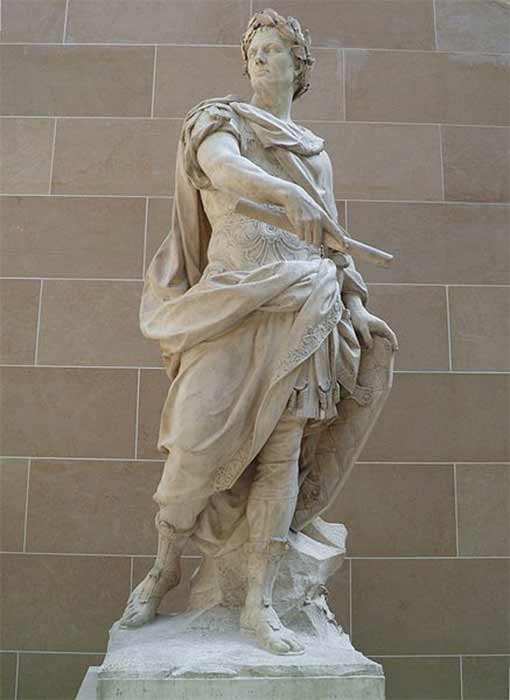
The Twists And Turns Of Religion: Shaman, Priest And Promised Messiah
The world of late antiquity was extremely suspicious of novelty, anything, that is, that made claim to serious attention. Every innovation, whether of thought or technique, had to be justified in terms of its fulfilling a promise from the past, which granted authority - the more remote, the greater the authority. Jesus’ claim, for example, was that he fulfilled prophetic scripture. His present was justified by the past. Novelty was understood as something childish, whimsical.

Magnificent Egyptian Edfu Temple(Patrick.reb / CC BY-SA 3.0)
Novelty and Ancestry
One had to aim to emulate the greatness and heroism of old if one wished for recognition as ‘new’ talent. A glimpse of this is the competition that raged between the claims of Egypt and Israel to hold the keys to the purest cults. Egypt, of course, had the advantage of a highly visible architecture of staggering scope and impressiveness. In this respect, Judaea could only claim its new temple, constructed by order of Herod the Great, an Idumaean Arab who achieved power by the grace of Mark Antony (83–30 BC). What the Jews did have, of course, was a history and the texts to back it up - and the texts spoke of a glorious, lost temple of old, built by the wisest king in the world, King Solomon, to whom foreign kings and queens paid respect. When Jesus points out the beauties of rural flowers, he asks, “Was Solomon in all his glory arrayed as one of these?” And he takes beauty back to its creative source: God himself. What he, and his followers, had to say about Herod’s temple, on the other hand, would get him, and them, into much trouble.

Model of Jerusalem temple, Solomon's temple, third temple (Johnreve /Public Domain)
In Rome, a man on the rise would make claims for illustrious ancestry. Those who opposed him would say, as was said of Caesar Augustus, for example, that his forebears’ hands bore the stain of money changing and manual labor. Julius Caesar could trump most rivals by slipping in the family claim that the goddess Venus was his forebear. If one could win a god to one’s side, one had a chance to advance. It cannot get older than a god.

Statue of Julius Caesar by French sculptor Nicolas Coustou commissioned in 1696 for the Gardens of Versailles, Louvre Museum (CC BY-SA 2.0)
Divine Authority For Personal Salvation
Now, in such a context, how was any new twist on the profoundest subject of all - divine authority for personal salvation - to be presented? Novelty in religion was particularly disliked. Truth was nothing new; it was something older than time. How best to make the case? Well, first one needed make a claim in the name of someone already respected. Christians can claim that their doctrine came from Jesus, or someone close to him. For Egyptians, it would be wise to have Thoth or Isis on their side. With respect to those individuals and groups whose writings serve as the foundations for Western Esotericism, writings that speak of a saving gnosis or spiritual knowledge of fundamental significance, one had to ask: Why is this doctrine important now? The sine qua non of all broadly ‘gnostic’ doctrines was the conviction that common religion had become corrupt in a corrupted world. It was not necessarily all wrong, but it had sunk into misinterpretation, distortion, perversion; essential truth had been obscured, and men wallowed in illusion amid the ‘trees’ when they could have been licking nourishment from the sap-filled ‘wood.’




